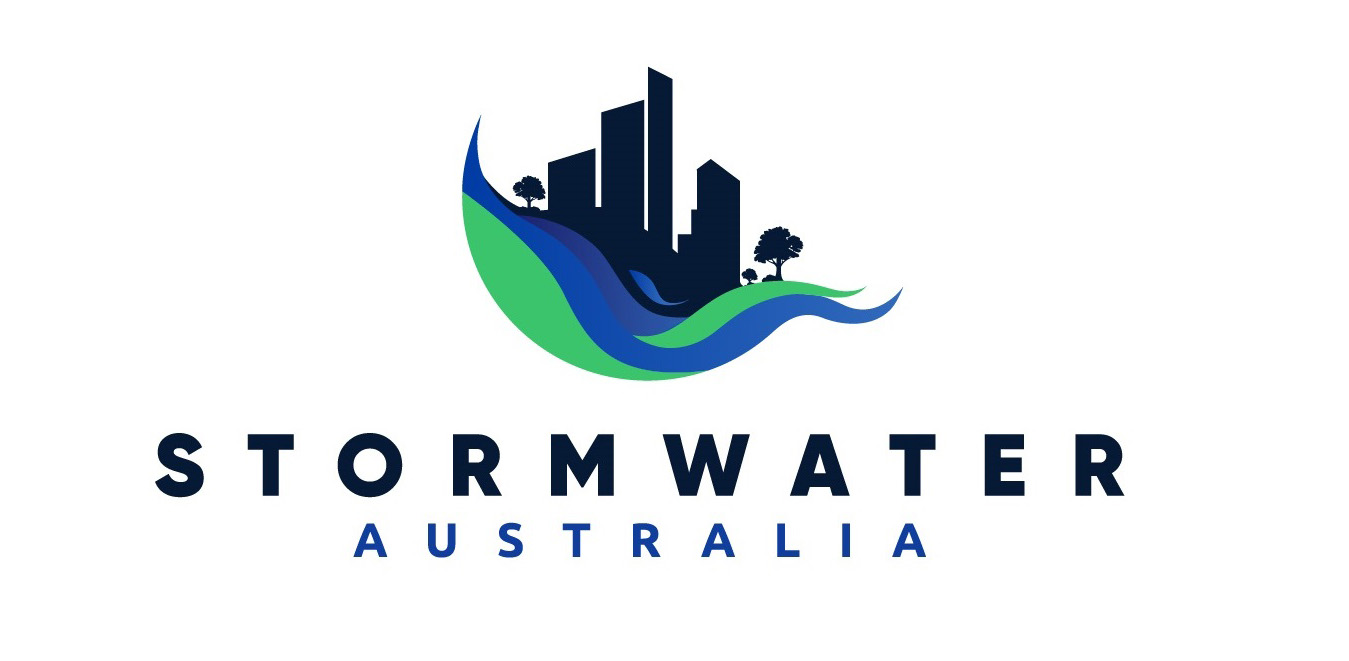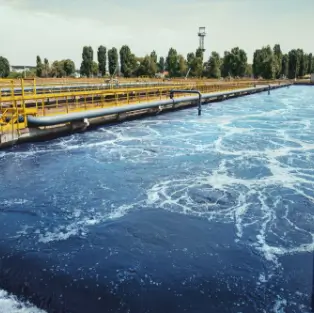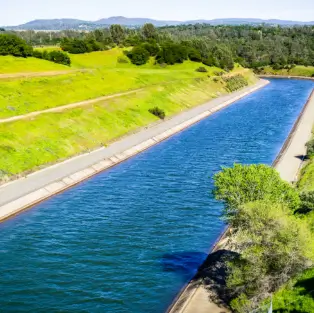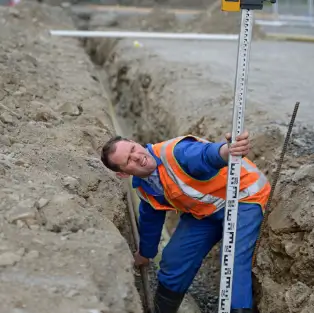
Large parts of Eastern Australia have been experiencing a severe weather event, with extreme rainfall and flooding.
Stormwater Australia extends its condolences to the family and friends of those who have lost their lives, and to the many thousands of people directly affected by the floods. We are thinking of you at this time and understand that it is an uncertain and emotional time.
We express our gratitude and support to our emergency service personnel, and to our colleagues involved in the flood response including those managing our dams. Many have been working 15-hour shifts, with little to no sleep during this period, to help keep our communities safe.
The weather event is ongoing and more data on the severity of the event will become available over the coming days. Early data suggests 72 hr rainfall totals varied from a 1:500 Annual Exceedance Probability (AEP) to possibly a 1:1000 Annual Exceedance Probability (AEP), or higher, in certain locations.
In addition to the significant human cost, Stormwater Australia notes with concern the significant volume of pollution entering our waterways and coastline. The litter, debris and sediment will have major impacts on our coastal ecosystems. Clean-up efforts are essential to restore our homes and businesses but are hosing large quantities of mud and pollutants into our stormwater drains.
Many of our cities and towns were founded along waterways as they provided essential water supplies and opportunities for trade. But as our cities have grown, we have increased the population living in flood-prone areas and increased the value of infrastructure at risk. Once recovery is complete, we believe it is important to continue to reassess how we best live with floods and ensure flood resilience is a key consideration in urban planning.
The Intergovernmental Panel on Climate Change (IPCC) advises that ‘a changing climate leads to changes in the frequency, intensity, spatial extent, duration, and timing of weather and climate extremes, and can result in unprecedented extremes.’ Clearly, serious and urgent action on climate change is needed to help manage flood risk.
If you are able to help with the clean-up and want to volunteer for the Mud Army 2.0, Volunteering Queensland is coordinating it. https://volunteeringqld.org.au/
A number of major charities, including the Australian Red Cross and Vinnies, are accepting donations to provide urgent relief and humanitarian support to flood-affected communities.
https://www.redcross.org.au/floodsappeal/
https://donate.vinnies.org.au/appeals-nsw/vinnies-nsw-flood-appeal
The Red Cross is coordinating a disaster appeal across both New South Wales and Queensland. Funds will be used to provide vital humanitarian support, including enabling volunteers and staff to help with evacuations, relief centres, outreach services, and ongoing support.
We hope everyone stays safe. And remember, if it’s flooded forget it.







